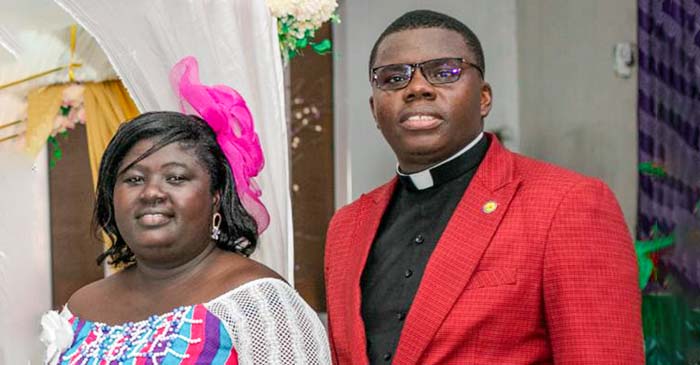The church is not just a physical building; it is a community of believers who come together to worship, support one another, and grow in their faith. At the heart of this community lies the family, which serves as the basic unit of the church. The family stands as the fundamental building block of society. Within religious communities, it plays a pivotal role in shaping individuals’ core values and beliefs. In this article, we explore the significance of the family as the basic unit of the church, examining how it contributes to the spiritual foundation of its members and fosters a sense of community within the broader religious framework.
- The Family as the Building Block
Just as a building is made up of individual bricks, the church is made up of families. Each family brings unique strengths, experiences, and perspectives to the community. Families serve as the foundation upon which the church is built, providing stability, love, and support to its members. Children learn about religious traditions, values, and rituals within the family unit, laying the groundwork for their spiritual development. Parents, as the primary educators of faith, guide their children in understanding the principles of their religious teachings.
- Spiritual Growth and Education
The family is also responsible for its members’ spiritual growth and education. Parents are responsible for teaching their children about the church’s teachings, instilling values, and nurturing their faith. As the Apostle Paul reminds us in Ephesians 6:4, “Fathers, do not provoke your children to anger, but bring them up in the discipline and instruction of the Lord.” Families create a rich environment for spiritual growth and development through family prayer, Bible study, and discussions about spirituality.
- Support and Encouragement
In times of joy and difficulty, families support and encourage one another. The church community rallies around families, offering love, care, and assistance when needed. As it says in Galatians 6:2, “Bear one another’s burdens, and so fulfil the law of Christ.” Families, in turn, contribute to the strength of the church by being a source of support for other families and individuals within the community.
- Nurturing Faith and Morality
In families, it’s essential to nurture faith and teach moral values. As the Bible says in Proverbs 22:6, “Train up a child in the way he should go; even when he is old, he will not depart from it.” This means that when we teach children about God’s ways and instil moral values, they are likelier to stay on the right path throughout their lives. So, by living out our faith through daily interactions, prayers, and ethical decisions, we create a strong moral compass for our families.
- Building a Community of Believers
When families come together within the church community, they contribute to its strength and unity. Romans 12:4-5 says, “For just as each of us has one body with many members, and these members do not all have the same function, so in Christ we, though many, form one body, and each member belongs to all the others.” This means that we are like different parts of one body, and when we come together as believers, we create a solid and connected community. As part of this community, families play a vital role in fostering a sense of belonging and support.
- Transmitting Traditions and Rituals
Family rituals and traditions help pass down our religious identity through generations. Deuteronomy 6:6-7 says, “These commandments that I give you today are to be on your hearts. Impress them on your children. Talk about them when you sit at home and when you walk along the road, when you lie down and when you get up.” This verse reminds us to constantly discuss God’s commandments and teachings with our children, incorporating them into our everyday lives. By doing so, we preserve our religious heritage and strengthen the bond within our families.
Conclusion
In the tapestry of religious life, the family emerges as a fundamental thread, weaving together the church’s beliefs, values, and traditions. It is within the family that faith is nurtured, morality is instilled, and the foundation for a vibrant religious community is laid. Recognising the family as the basic unit of the church underscores the interconnectedness of individual spirituality with the broader religious tapestry, emphasising the importance of strong, faith-filled families in the flourishing of the church as a whole.
By Pastor Peter Quayson, Asenemaso District


















